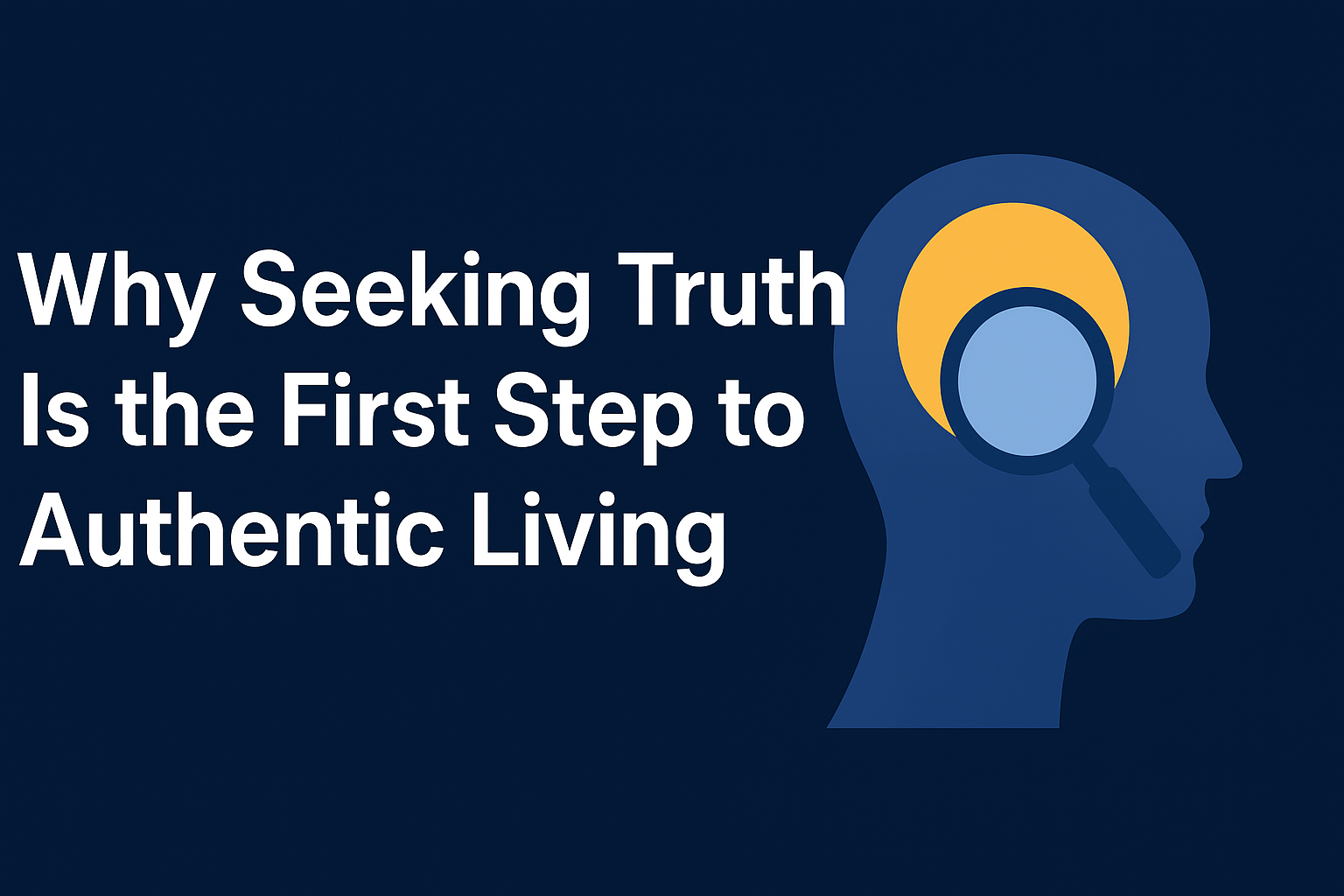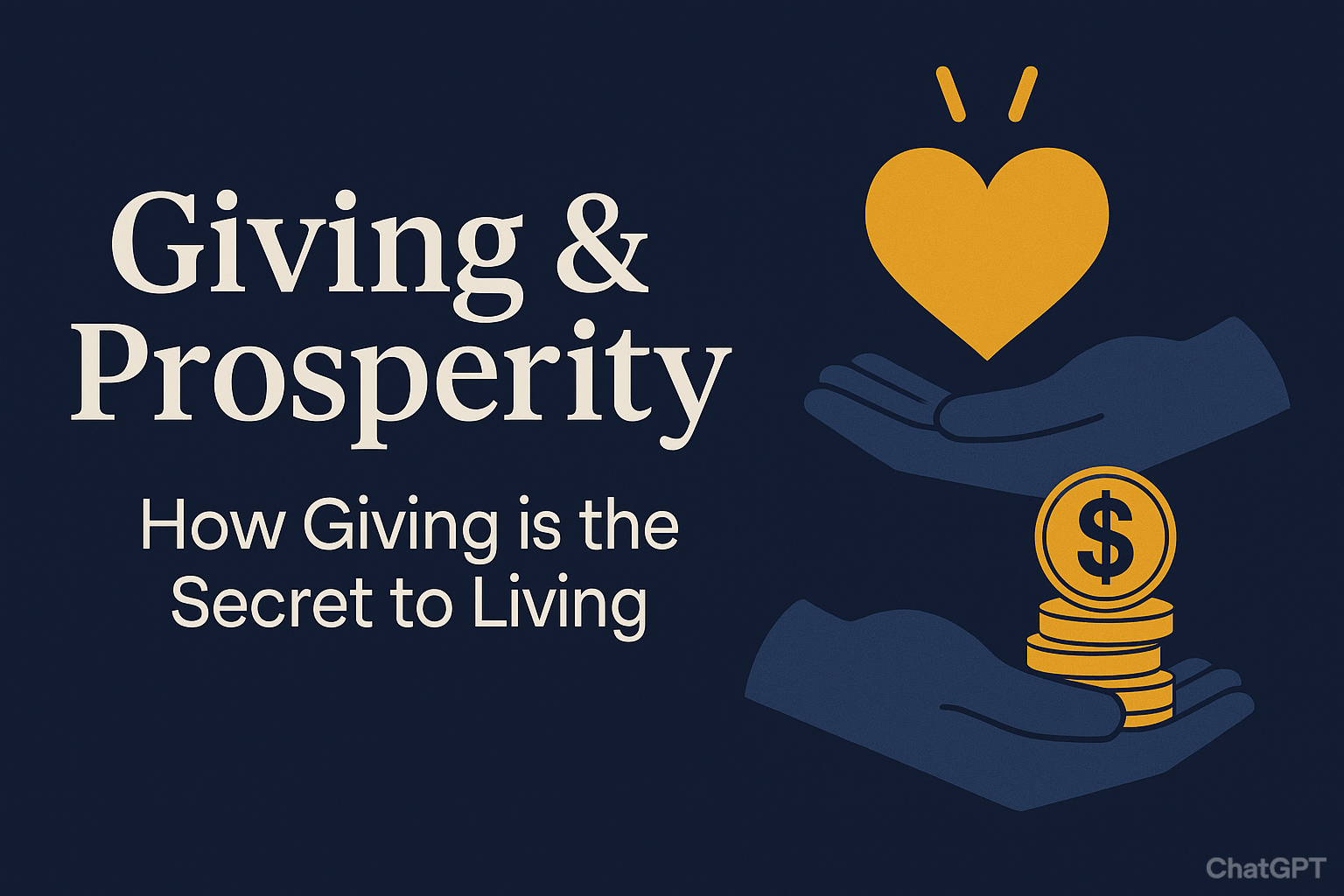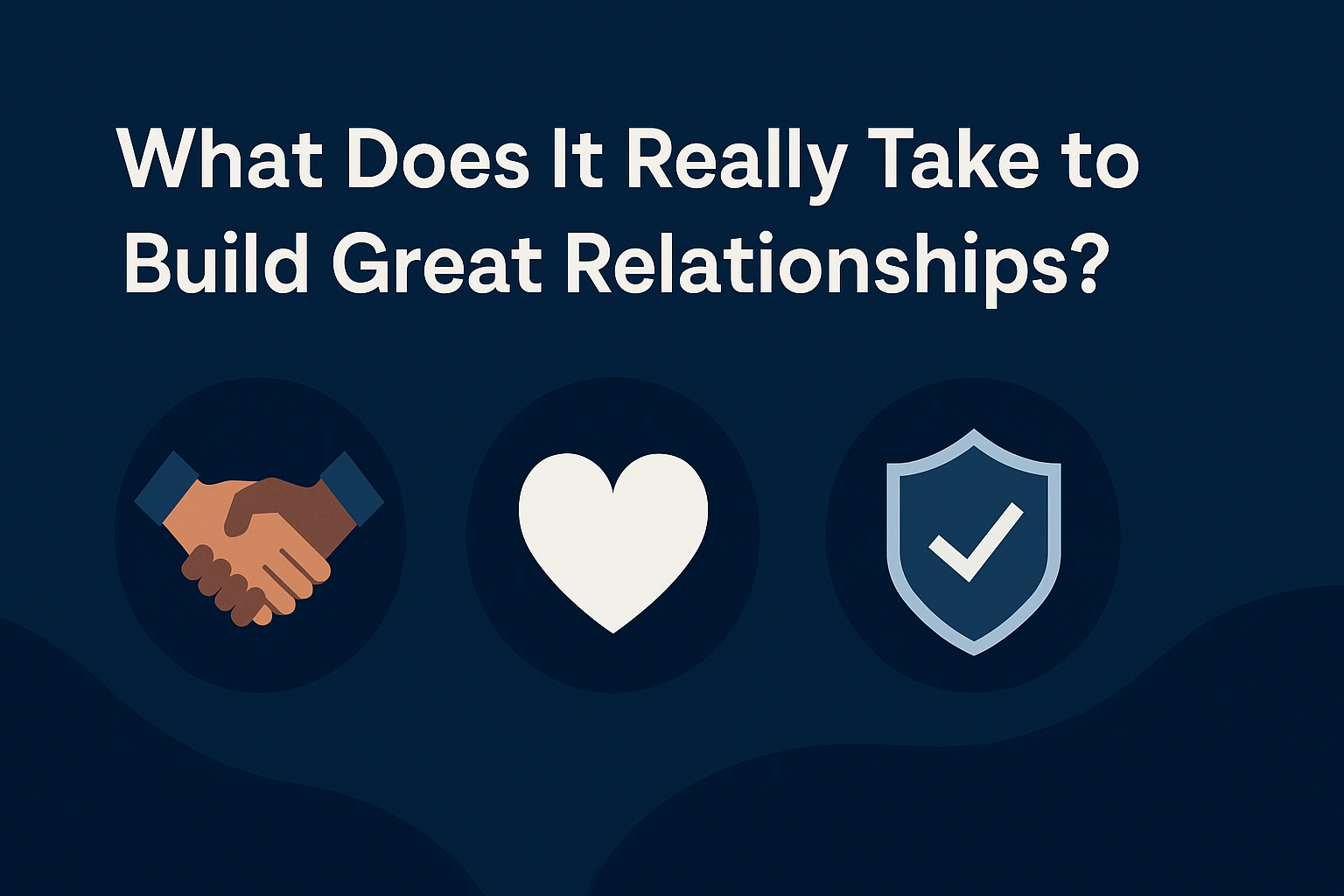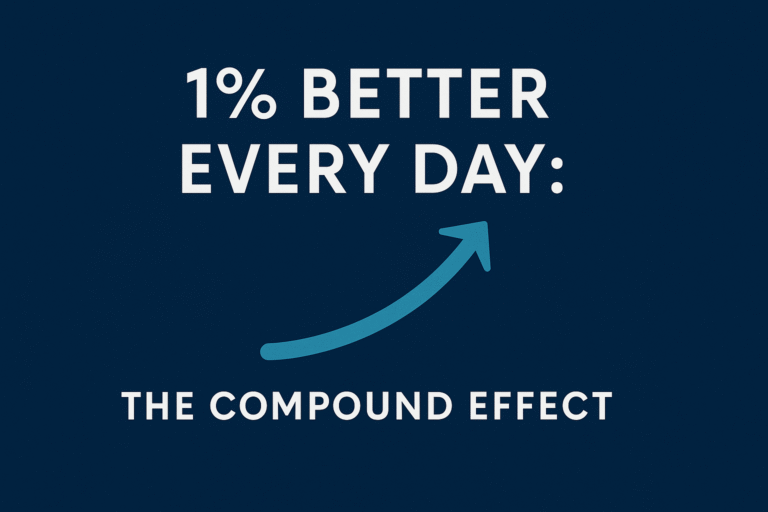Introduction: The Wake-Up Call
Have you ever had that moment where you realized you weren’t really living life on your own terms? I remember sitting at a job that looked “successful” on paper but felt like a slow death inside. I wasn’t miserable because the work was hard—I was miserable because it wasn’t true to me. I had been chasing stability, approval, and a paycheck, but deep down, I knew I wasn’t aligned with what I valued most. That’s when I first learned that seeking truth—about who I am and what I want—was the missing ingredient.
Living authentically sounds like a buzzword, but it’s really about being free enough to live in alignment with your values, choices, and beliefs. And the starting point? Facing the truth, even when it’s uncomfortable.
What Does Seeking Truth Really Mean?
Seeking truth isn’t just about Googling facts or debating philosophy. It’s about digging into your inner reality and asking: What’s really true for me?
- Truth is, acknowledging when you’re unhappy instead of pretending everything’s fine.
- Truth is, admitting you want more out of life, even if it feels selfish.
- Truth is saying “I don’t know” instead of faking confidence.
I used to equate truth with external facts, but over time, I realized it was more personal. For example, it may be someone who is leaving medical school after two years in. Everyone is thinking they are making a mistake, but they admit their truth: they aren’t passionate about medicine—they love design. Fast forward a decade, and they are running a thriving creative agency. Truth is the foundation of an authentic life.
Why Most People Avoid Truth
The Comfort of Illusion
Let’s be honest: it’s easier to keep pretending sometimes. Illusions can be comforting because they shield us from discomfort. Think about it—how many people stay in jobs they dislike just because “it pays the bills”? Or in relationships that aren’t fulfilling because “it’s better than being alone”? Or holding onto beliefs that have never been challenged with actual truth.
It can be holding onto a friendship that you don’t truly value or have outgrown. The illusion is, “We’ve been friends forever, so I can’t let go.” The truth is, the relationship has run its course. Facing that truth is uncomfortable, but once confronted and dealt with, it can free you to invest in healthier relationships.
Fear of Judgment
Another big reason people avoid the truth is the fear of rejection. What if being honest means others don’t accept us? This fear often leads to living behind a mask. But here’s the reality: if people only accept the mask, they never know the real you anyway. If you’re rejected because of your beliefs, they were only accepting a version of you, not the real version of you. Living life authentically is about living the authentic you with your beliefs and values.
A 2009 study published in the Journal of Personality found that people who embraced authenticity reported higher life satisfaction and stronger relationships (Roberts et al., 2009). That’s evidence that truth, while risky, is ultimately rewarding.
How Seeking Truth Leads to Authentic Living
Alignment With Core Values
When you’re seeking truth, you discover what you really care about. Once you know that, making decisions gets a whole lot simpler. For example, I realized freedom and creativity were two of my highest values. That clarity gave me the courage to leave my comfortable job and go into a new field and invest in learning new skills. This confidence also led to challenging my own beliefs around my faith. I went into full study mode and read the Bible for hours on end and learn everything about it. By challenging my beliefs and going deeper, it didn’t shake my faith, but solidified it. Challenging and seeking truth will either solidify what you believe in or set you free.
Living authentically doesn’t mean life gets easy—it means your struggles actually feel worth it.
Deeper Relationships
Relationships thrive on truth. When you stop pretending and start being real, you naturally attract people who connect with the real you. That’s why truth is magnetic.
I once met a mentor who said, “The people you lose by being honest are the ones you were never meant to keep.” That stuck with me. Seeking truth not only strengthened my closest relationships but also helped me release the ones that weren’t aligned.
Confidence and Freedom
There’s a kind of quiet confidence that comes from living in truth. You stop second-guessing yourself because you know your choices are grounded in reality—not performance. And freedom? It’s no longer necessary to juggle multiple versions of yourself depending on the situation.
Practical Ways to Start Seeking Truth in Daily Life
Ask the Hard Questions
Truth starts with questions. Try asking yourself:
- “Am I doing this because I want to, or because it’s expected?”
- “What’s the story I’m telling myself—and is it really true?”
- “What’s one truth I’ve been avoiding that would set me free if I faced it?”
- “Do I actually believe in my faith, or do I actually go with what society wants me to believe or conform to?”
Journaling these questions is a starting point. The quality of the answers you receive will depend on the quality of the questions you ask.
Embrace Discomfort
Truth often feels uncomfortable at first because it challenges the stories we’ve been living by. For instance, I had to face the truth that I was addicted to busyness—it was my way of avoiding dealing with deeper issues. Accepting that was hard, but it opened the door to real growth.
Practice Radical Honesty (With Yourself First)
You don’t have to spill every thought to everyone. Start by being honest with yourself. A weekly “truth check-in” can be powerful:
- Where was I not honest this week?
- Did I say yes when I meant no?
- Did I ignore something that needed to be faced?
- What commitment did I not honor?
This small practice builds a muscle for truth over time.
The Ripple Effect of Living Authentically
When you start seeking truth, you don’t just change your own life—you give others permission to do the same. Authenticity is contagious. Whether in friendships, family, or leadership, your example can spark others to drop the mask too.
Some of the greatest leaders throughout history—think Nelson Mandela or Abraham Lincoln—were respected not just for what they achieved, but because they had the courage to live and speak truth.
When you commit to truth, the ripple effects touch every part of your life:
- Career decisions feel more aligned.
- Friendships grow stronger.
- Your spiritual life will grow.
- You feel more peace because you’re not living a double life.
- You will inspire others to stand in truth as well.
Final Thoughts: Choosing Truth Over Comfort
The bottom line? Seeking truth is rarely the easiest path, but it’s always the most freeing one. You can keep living for comfort, illusion, and approval—or you can face truth and start living authentically.
I challenge you this week: Write down one truth you’ve been avoiding and take one small action toward living it out. Remember, authentic living doesn’t start with perfection—it starts with honesty.
References:
- Roberts, Brent W., et al. “Authenticity and Well-Being: Testing a Multidimensional Model.” Journal of Personality, vol. 77, no. 2, 2009, pp. 279–322.





